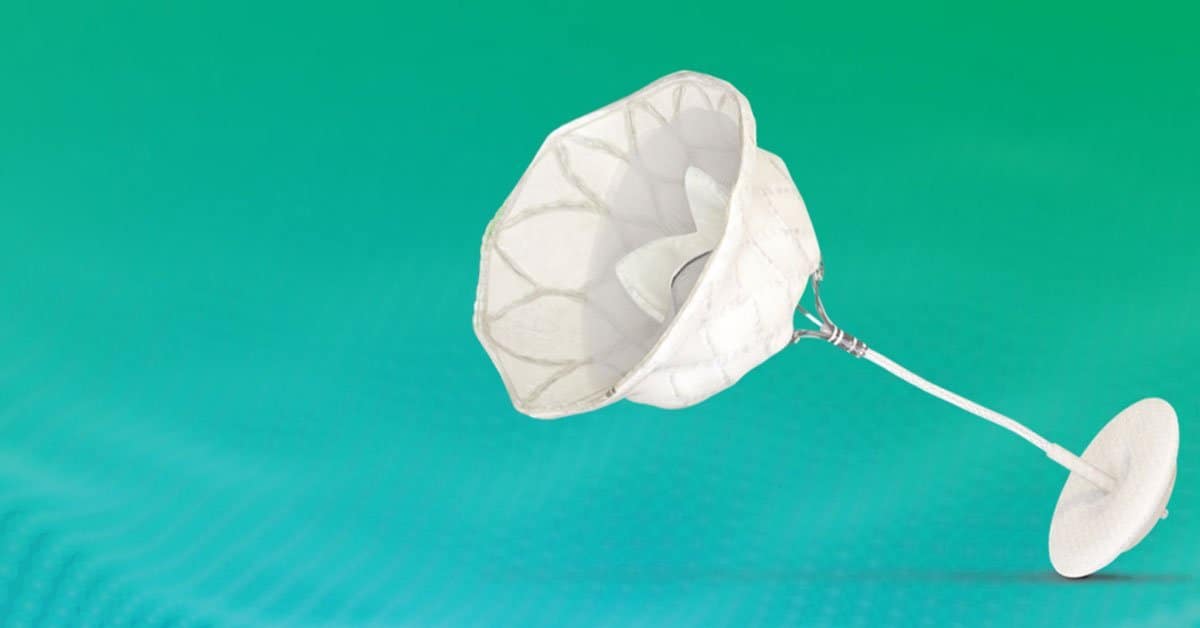Anthos Therapeutics published the full results of its Phase 2 AZALEA-TIMI 71 trial for its novel Factor XI inhibitor, abelacimab, confirming the drug’s lower bleeding risks, but leaving researchers uncertain about its ability to prevent stroke in AFib patients.
- Current guidelines recommend direct-acting oral anticoagulants (DOACs) for AFib because they reduce ischemic stroke with a lower risk of brain hemorrhage.
- Unfortunately, DOACs often cause gastrointestinal bleeding, which prompted the development of new stroke-prevention methods like Factor XI inhibition.
- By inhibiting Factor XI (an anticoagulation enzyme), drugs like abelacimab potentially prevent thrombosis without increasing spontaneous bleeding risks.
To see if abelacimab was a safer alternative, researchers randomized 1,287 AFib patients at risk of stroke to receive abelacimab (either 150mg or 90mg) or rivaroxaban (20mg), and indeed found that abelacimab treatment substantially reduced bleeding during a 2.1 year follow-up.
- Abelacimab 150mg led to a 62% reduction in major or clinically relevant bleeding and an 89% reduction in gastrointestinal bleeding compared to rivaroxaban.
- This bleeding reduction was so overwhelming that IDMC stopped the whole trial after only 21 months.
- Monthly 150mg doses of abelacimab also led to 99% inhibition of Factor XI that was sustained over 2 years.
While abelacimab aced its primary outcome, and AZALEA-TIMI 71 wasn’t designed for evaluating clinical efficacy, its exploratory endpoints didn’t show stroke advantages versus DOACs.
- Both abelacimab 150mg and 90mg led to higher incidence rates of stroke than rivaroxaban (1.21 & 1.36 per 100 person-years vs. 0.83).
- Abelacimab’s ischemic stroke incidence rates were similar (1.21 & 1.24), far higher than rivaroxaban’s rate of 0.59 per 100 person-year.
However, lingering questions about abelacimab’s stroke impact should be clarified by the LILAC Phase 3 study, which launched in 2023 and is designed to further explore abelacimab’s clinical efficacy.
These early glimpses into abelacimab’s stroke prevention aren’t unique, with both Bayer and Bristol Myers-Squibb running into similar study issues for their Factor XI inhibitors.
- Bayer terminated its OCEANIC-AF trial for its Factor XI inhibitor, asundexian, due to 3X greater stroke (1.3% vs. 0.4%) and 4X ischemic stroke rates (csHR = 4.06).
- Results from BMS’ AXIOMATIC-SSP study found that its factor XI inhibitor, milvexian, failed to meaningfully reduce ischemic stroke.
The Takeaway
AZALEA-TIMI 71 provides incredibly strong evidence that Athos’ abelacimab reduces bleeding risks (the study’s primary endpoint), but we’ll need to see the results of the LILAC study before drawing conclusions on stroke prevention. Ultimately, without strong stroke results in future studies, abelacimab and other factor XI inhibitors may struggle to replace DOACs.






